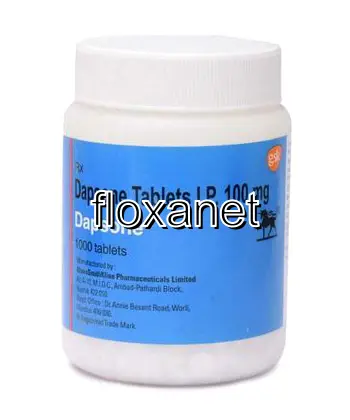Shop Dapsone (Diaminodiphenyl Sulfone) Online in the USA
| Package | Dosage | Price | Price per Dose | |
|---|---|---|---|---|
| Dosage: 100mg | ||||
| 1000 pill | 100mg | $88.83 | $0.08 | |

Dapsone Description
Introduction to Dapsone
Dapsone is a versatile medication known primarily for its antibacterial and anti-inflammatory properties. It is often prescribed to treat various skin conditions, infectious diseases, and other medical issues. The drug is available in oral form and has been used for decades as a trusted component in managing certain health conditions.
Uses and Medical Applications
Dapsone is most commonly used to treat leprosy, also known as Hansen’s disease. It helps in controlling the bacterial infection and preventing the progression of the disease. In addition, it is employed in the treatment of dermatitis herpetiformis, a chronic skin condition characterized by itchy blisters and skin lesions. Dapsone's anti-inflammatory effects are particularly beneficial in managing this disorder.
Beyond skin conditions, Dapsone is also used in the treatment of certain infections such as Pneumocystis pneumonia, especially in patients with compromised immune systems like those with HIV/AIDS. Its role in managing these infections makes it a valuable medication in infectious disease therapy.
Mechanism of Action
The drug works by inhibiting bacterial folic acid synthesis, which is essential for bacterial growth and replication. This action effectively halts the proliferation of bacteria such as Mycobacterium leprae, the causative agent of leprosy. Its anti-inflammatory properties are thought to be related to its ability to suppress the activity of neutrophils, a type of immune cell involved in inflammation.
Dosage and Administration
Dosage of Dapsone varies depending on the condition being treated, patient age, weight, and overall health. Typically, it is taken orally with water, and it is important to follow the healthcare provider’s prescription carefully. Regular medical follow-ups are essential to monitor for possible side effects and effectiveness of the treatment.
It is critical to complete the full course of therapy prescribed by a healthcare professional to prevent resistance and ensure complete eradication of the infection or control of the skin condition.
Potential Side Effects
While Dapsone is generally effective, it can cause side effects. Common adverse reactions include nausea, headache, and dizziness. More serious effects may involve blood disorders such as hemolytic anemia, which is the destruction of red blood cells, or methemoglobinemia, a condition where oxygen delivery to tissues is impaired.
Regular blood tests are often recommended during treatment to monitor for these blood-related side effects. Allergic reactions, such as skin rashes or fever, should be reported to a healthcare provider promptly.
Precautions and Interactions
Patients with G6PD deficiency, a genetic condition affecting red blood cell stability, should use Dapsone with caution, as they are at higher risk for hemolytic anemia. It is also essential to inform the physician about other medications being taken, as Dapsone can interact with drugs such as rifampin or pyrimethamine, which may alter its effectiveness or increase the risk of side effects.
Women who are pregnant or breastfeeding should consult their healthcare provider before starting Dapsone, as the safety profile for these populations requires careful consideration.
Conclusion
Dapsone is a well-established medication that offers significant benefits in treating complex infections and skin conditions. However, due to its potential side effects and interactions, it must be used under medical supervision. Proper monitoring and adherence to prescribed guidelines can help maximize its therapeutic benefits while minimizing risks.